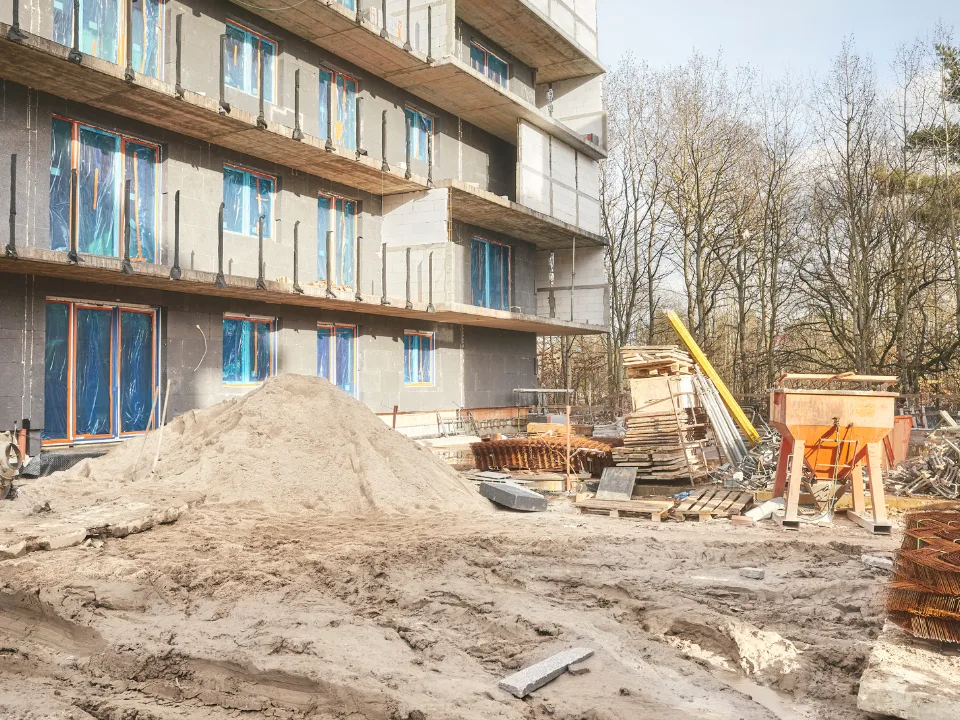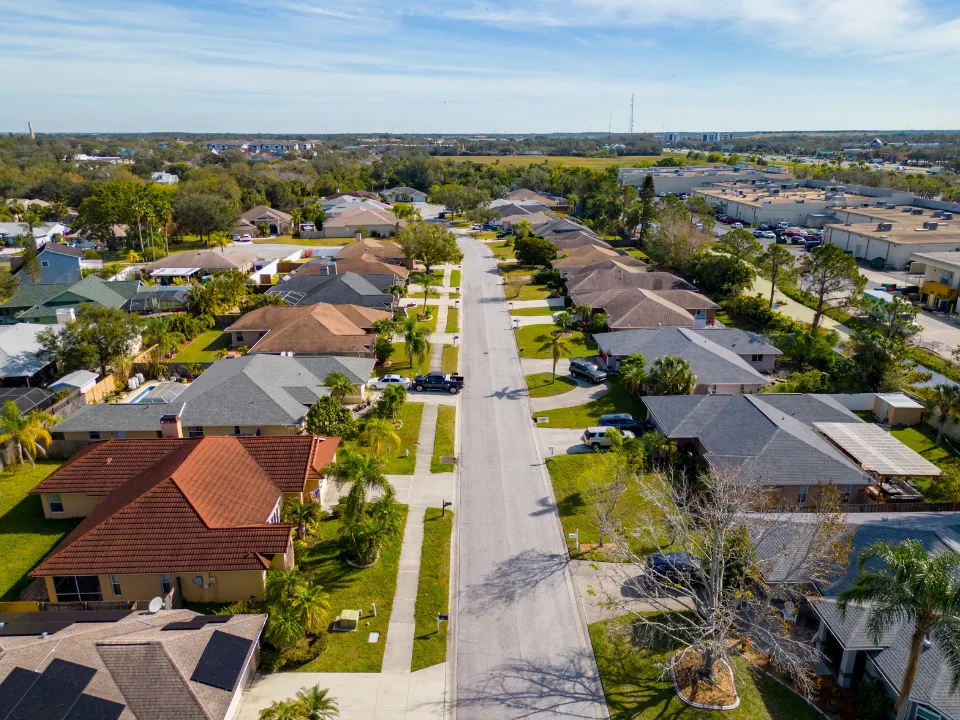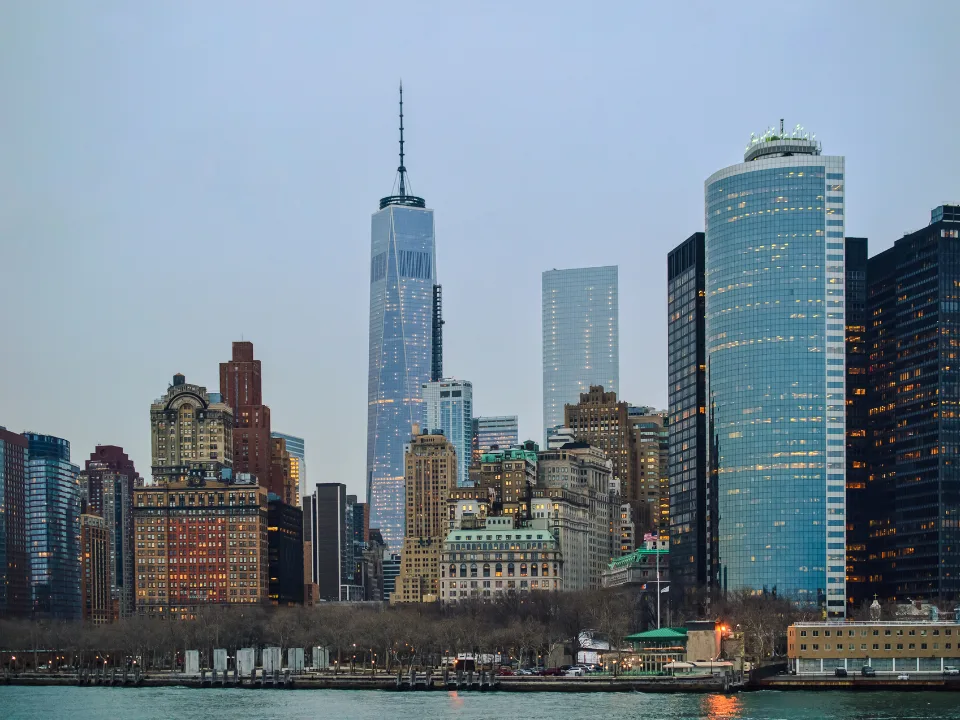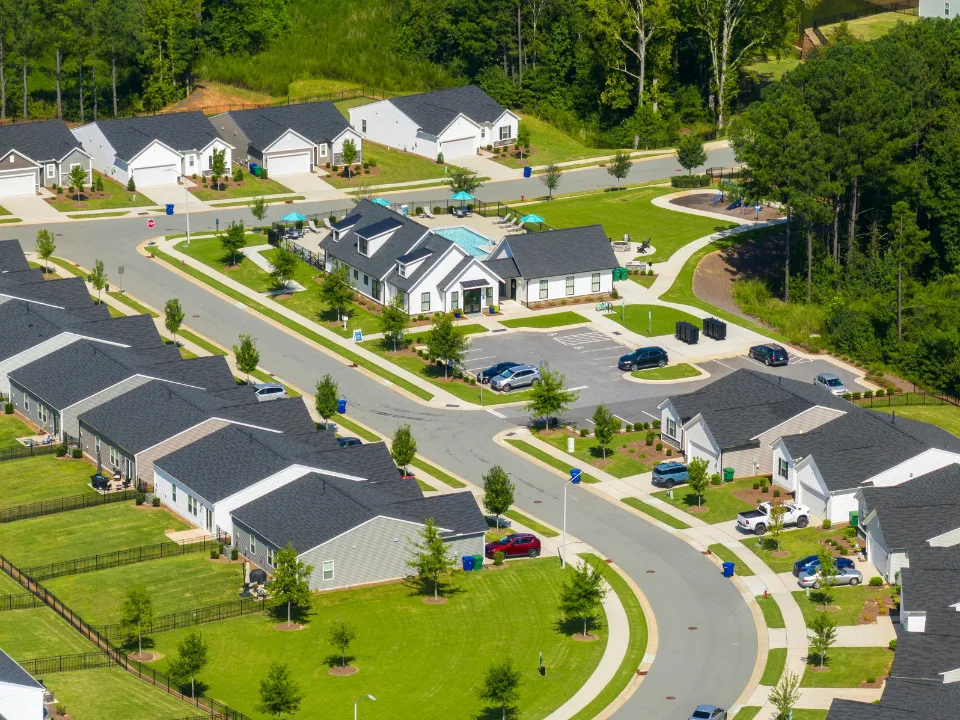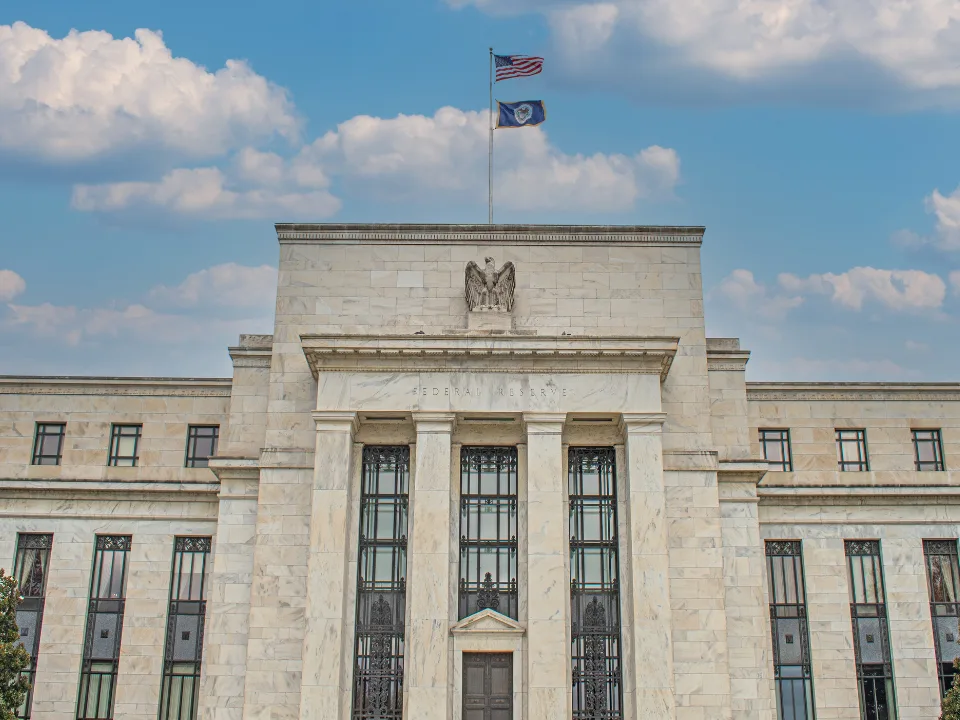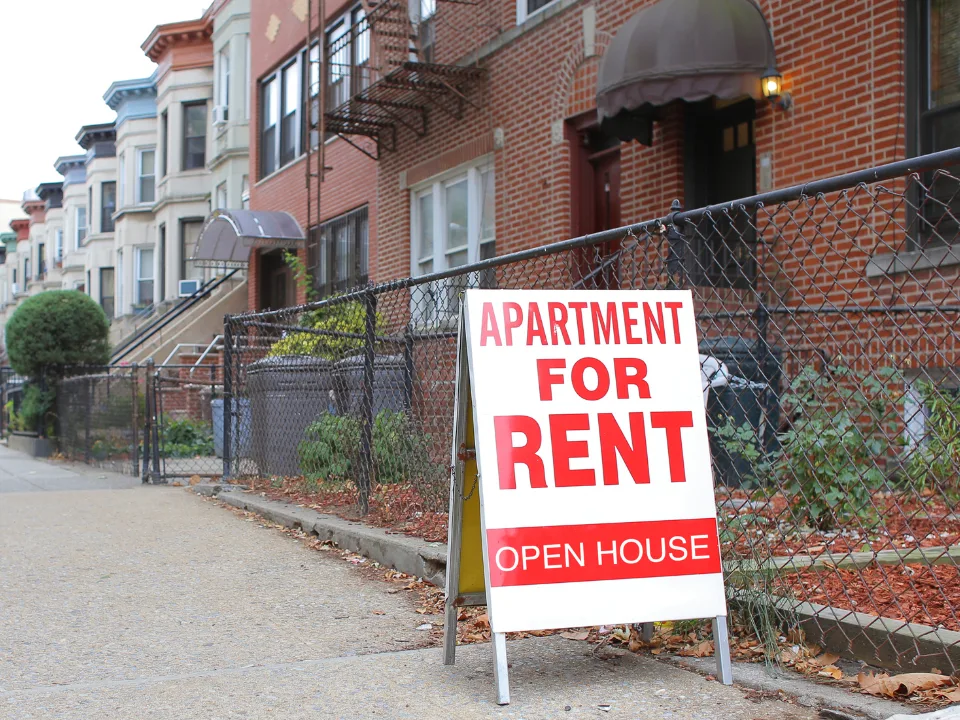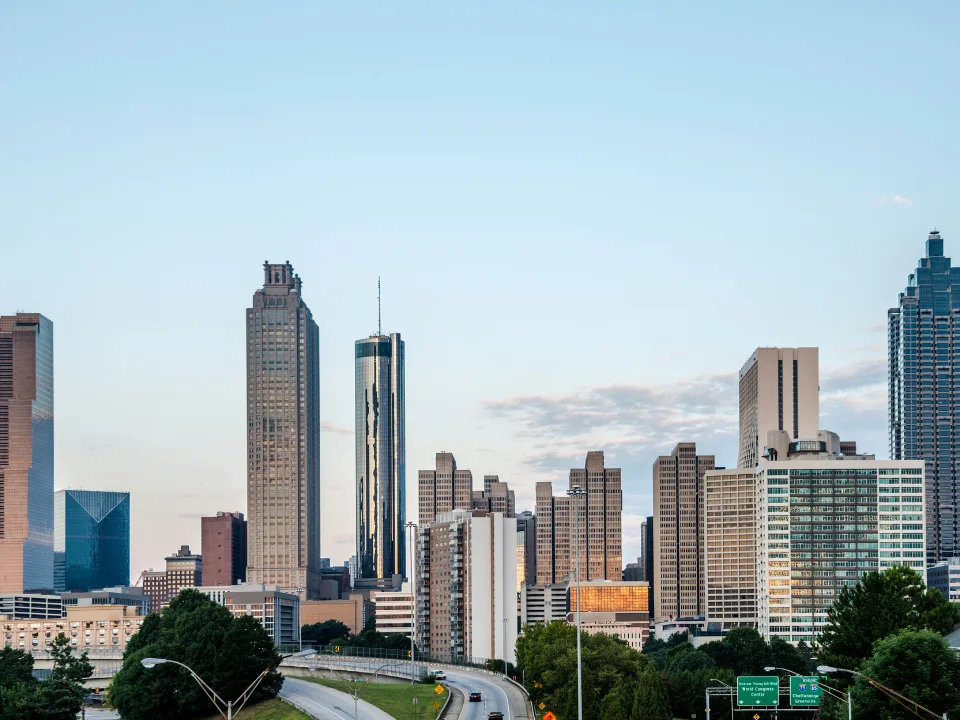- Despite economic headwinds, Manhattan saw $2.7B in property sales south of 96th Street in Q1 2025, led by strong leasing in trophy assets.
- Properties with high-credit tenants like LVMH and Apollo are selling at premium valuations, as investor interest consolidates around best-in-class assets.
- Distressed assets and foreclosures are also drawing attention from opportunistic buyers eyeing conversions and long-term plays.
Commercial real estate deals are still happening in Manhattan—but only for the best of the best, reports New York Post. While interest rates, global trade uncertainty, and rising foreclosures weigh heavily on the sector, investor appetite remains strong for well-leased properties in prime locations. These “unicorn” deals are buoying the market even as broader conditions remain shaky.
A Tale Of Two Markets
Manhattan saw 84 property sales valued at $5M and above in Q1 2025, totaling $2.7B, per Avison Young. Of that, $440M came from residential deals. Notably, properties with strong leasing fundamentals continue to command top dollar.
Case in point: Munich Re bought the remaining 75% of 320 Park Ave. from Mutual of America for $506.25M, revaluing the tower at $675M. “Rent spikes around Grand Central helped us trade 320 Park Ave.,” said JLL’s Andrew Scandalios.
Get Smarter about what matters in CRE
Stay ahead of trends in commercial real estate with CRE Daily – the free newsletter delivering everything you need to start your day in just 5-minutes
Retail And Office Rebound
Top-tier retail and office leasing has kept select trophy assets in play in the Manhattan market. At 590 Madison Ave., leases by LVMH and Apollo Global Management are helping Eastdil broker a deal to sell the property to RXR for a projected $1.1B. The sale also includes nearby land in the Midtown market, leased by the Trump Organization and subleased to LVMH.
In the Soho market, Ralph Lauren made its own unicorn move, buying its longtime leased space at 109 Prince St. for $132M through Newmark to avoid losing it to competitors.
Distress Fuels Reinvention
Investors are also chasing opportunity in distressed office buildings, especially those with residential conversion potential. David Werner is acquiring 5 Hanover Square at a steep discount for such a transformation. He also picked up 300 E. 42nd St. out of foreclosure for $52M, flipping the upper floors to Mexico-based CSC Real Estate for residential conversion under a new tax-incentivized affordable housing program.
Foreign Money Circling Again
“We are slowly starting to see the foreign groups sniff around,” said CBRE’s Doug Middleton, citing growing interest from Canadian, Japanese, and Australian investors. The relative safety and long-term value stability of US real estate is drawing them back.
Multifamily Momentum
Large residential deals are also keeping momentum alive. A&E Real Estate purchased the 179-unit Rivers Bend at 501 E. 87th St. for $116.5M in March. At the high end, 800 Fifth Ave. is in contract for roughly $800M, with Newmark brokering the deal to Naftali Group.
Other multifamily assets like Riverbank West (418 units) and Henry Hall (225 units) are also on the market via JLL.
Foreclosure Fallout
As market stress builds, foreclosure-driven transactions are on the rise. RXR’s once-$570M investment in 340 Madison Ave. was foreclosed on for just $161.3M. At 135 E. 57th St., JLL is working on a lease for a luxury residential rental conversion, while the lender took back Scribner’s Building and 3 E. 48th St. for $140.4M.
Meanwhile, the iconic Friars Club building is being sold off by its lender, with memorabilia to be auctioned separately.
Why It Matters
“People understand what a good idea it is to own not just the best, but the best of the rest,” said Eastdil’s Will Silverman. Trophy properties with strong income streams are setting the pace in a bifurcated, unicorn market. At the same time, distressed opportunities and conversion plays offer strategic entry points for risk-tolerant investors.
What’s Next
“This market is going to have legs,” said Compass’s Adelaide Polsinelli. “We’ve seen how appreciation will kick in when we get distress out of the pipeline.” With foreign capital circling and developers hunting for yield, the Manhattan market may be down—but it’s far from out.
